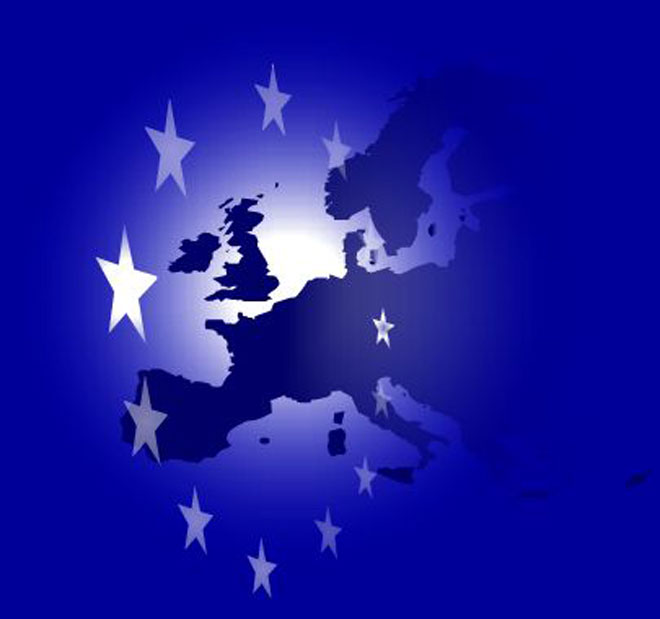Six of the European Union's crisis-battered countries may soon be able to temporarily access development funds at a lower cost, under a proposal unveiled Monday that is meant to spur their economic recoveries, DPA reported.
The European Commission wants EU grants to be released to Greece, Ireland, Portugal, Romania, Latvia and Hungary - all of which have needed international bailouts since 2008 - if the countries cover just 5 per cent of the cost for development projects.
The EU funds can be used for everything from building new infrastructure and boosting energy efficiency to making recipients' agriculture and fisheries sectors more competitive.
Currently, recipients have to shoulder a minimum of 15 per cent of the project costs. The change would translate into 2.9 billion euros (4.2 billion dollars) in savings for the six countries, according to the commission.
It argued that the 15-per-cent requirement is preventing the cash-strapped countries from launching growth-inducing projects even though the EU funds have already been earmarked for them.
The lower co-financing rates would remain in place only as long as the countries in question remain under their bailout programmes.
"These proposals are an exceptional response to exceptional circumstances," Commission President Jose Manuel Barroso said in a statement, likening them to the Marshall Plan - the US aid programme that helped rebuild European economies after World War II.
"This decision will inject essential funding into national economies, while reducing the pressure for the co-financing of the projects by the national budgets," he added.
Member states and the European Parliament will have to green-light the proposal before it can be implemented. The commission said it hopes to fast-track their approvals so they can be finalized by the end of the year.
EU Commission seeks cheaper access to funds for 6 troubled nations
Six of the European Union's crisis-battered countries may soon be able to temporarily access development funds at a lower cost, under a proposal unveiled Monday that is meant to spur their economic recoveries,






